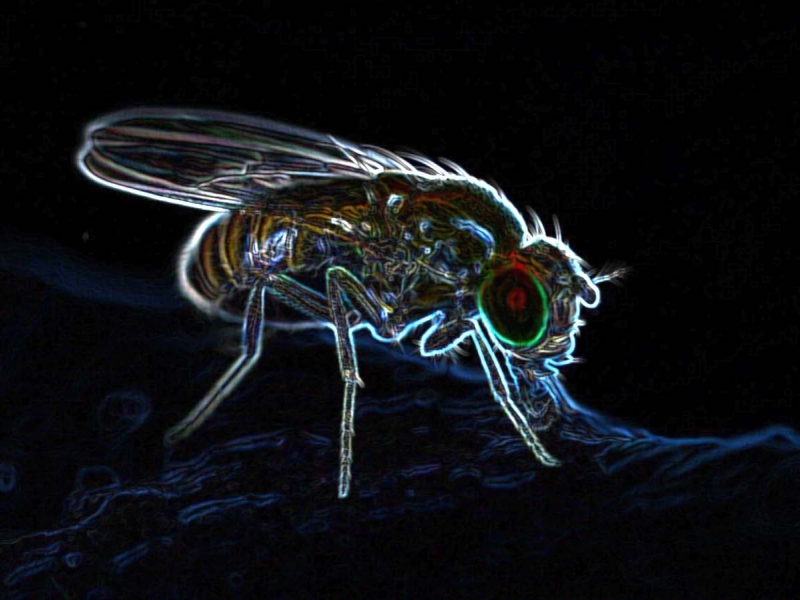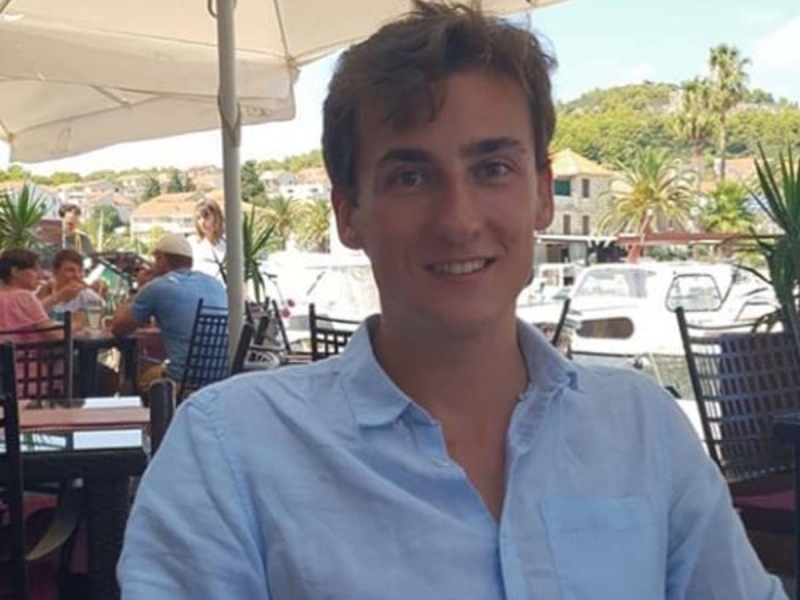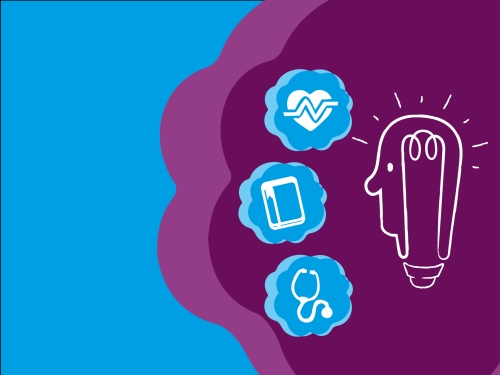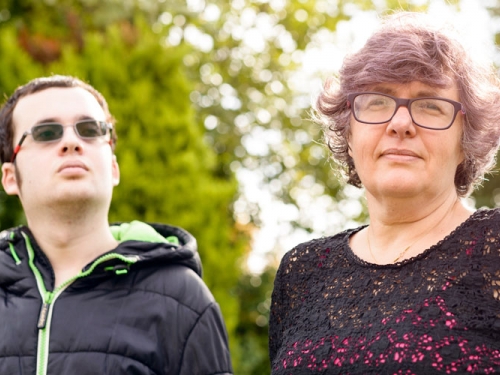NF1 Research study with fly model
08 February 2022
People affected by NF1 are much more likely than others to be diagnosed with autism, which can often significantly impact an individual’s quality of life.
However, we don’t understand why spelling mistakes in NF1 cause autism. Understanding this is really important to help us develop new treatments.
My research as a PhD student at the University of Manchester, under the supervision of Professor Richard Baines, Dr. Shruti Garg, and Professor Gareth Evans, aims to investigate how the NF1 gene is involved in controlling brain function.
To do so, I use quite an unusual animal: the fruit fly. However, this is not as bizarre as it sounds! Decades of research have shown that our nervous systems function in a remarkably similar way. Also, like in people who have NF1 (and/or autism), other researchers have found that flies without a copy of the NF1 gene display difficulties with learning, sleep, and even social interactions.
In our lab, we work mostly with flies at an earlier stage of their life cycle, commonly called maggots. We have found that NF1 maggots, much like many persons with autism, experience a strong aversion to touch. And, when looking into the fly’s brain cells, we see that those of NF1 maggots are considerably more active than those of other maggots, possibly providing a clue as to why we see such strong differences in behaviour.
Now, we are faced with three key questions:
Where in the fly brain is NF1 important for these functions?
When in development is it essential?
And what other genes are involved?
By answering these, we hope to provide valuable information that can help clinicians identify treatments and improve the quality of life for those most in need.
I would like to thank the Medical Research Council for funding this work. If you would like to contact me with any further questions, please email me at: alex.dyson@manchester.ac.uk.




_370x280_500_375_s_c1.jpg)

